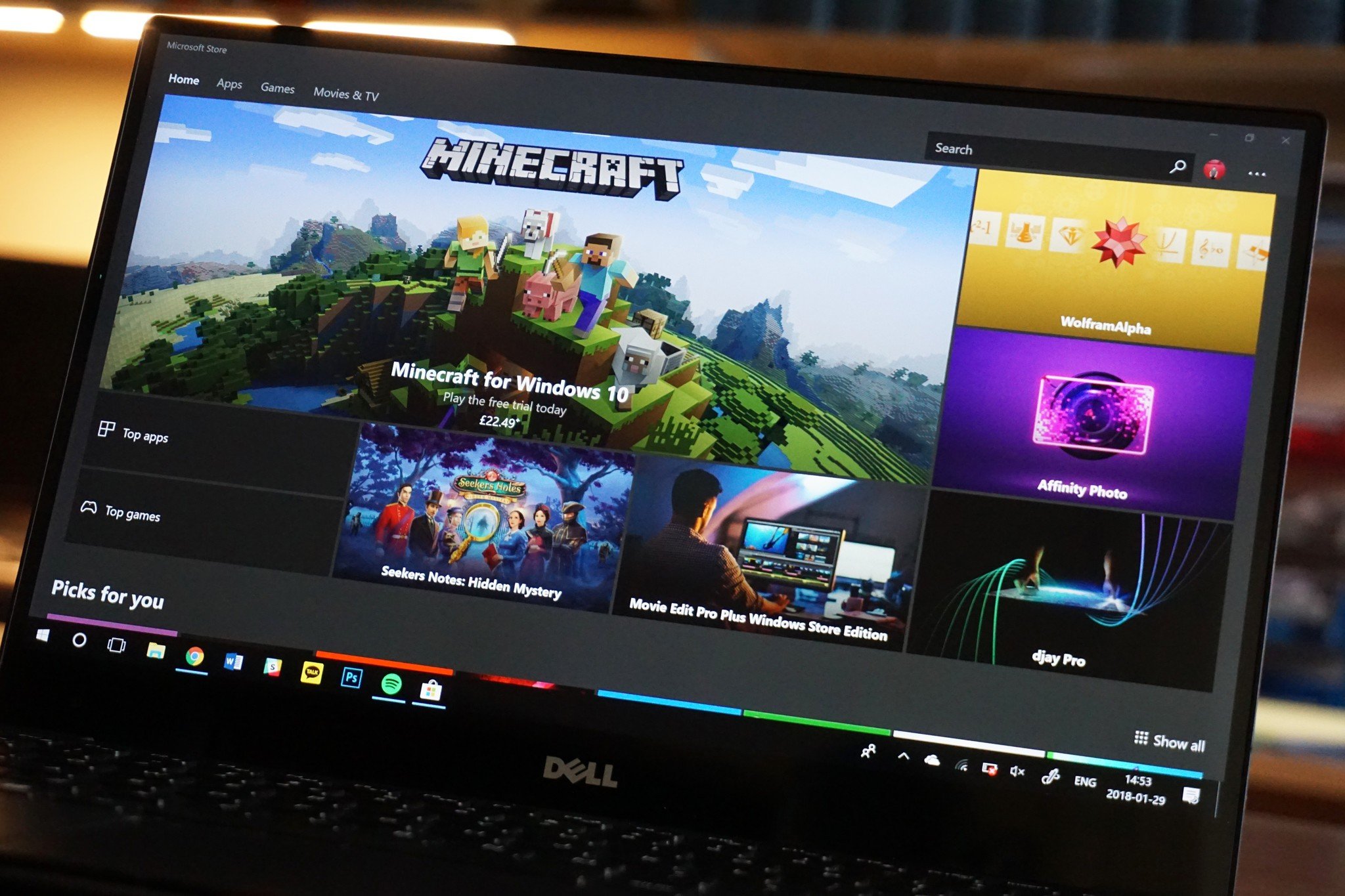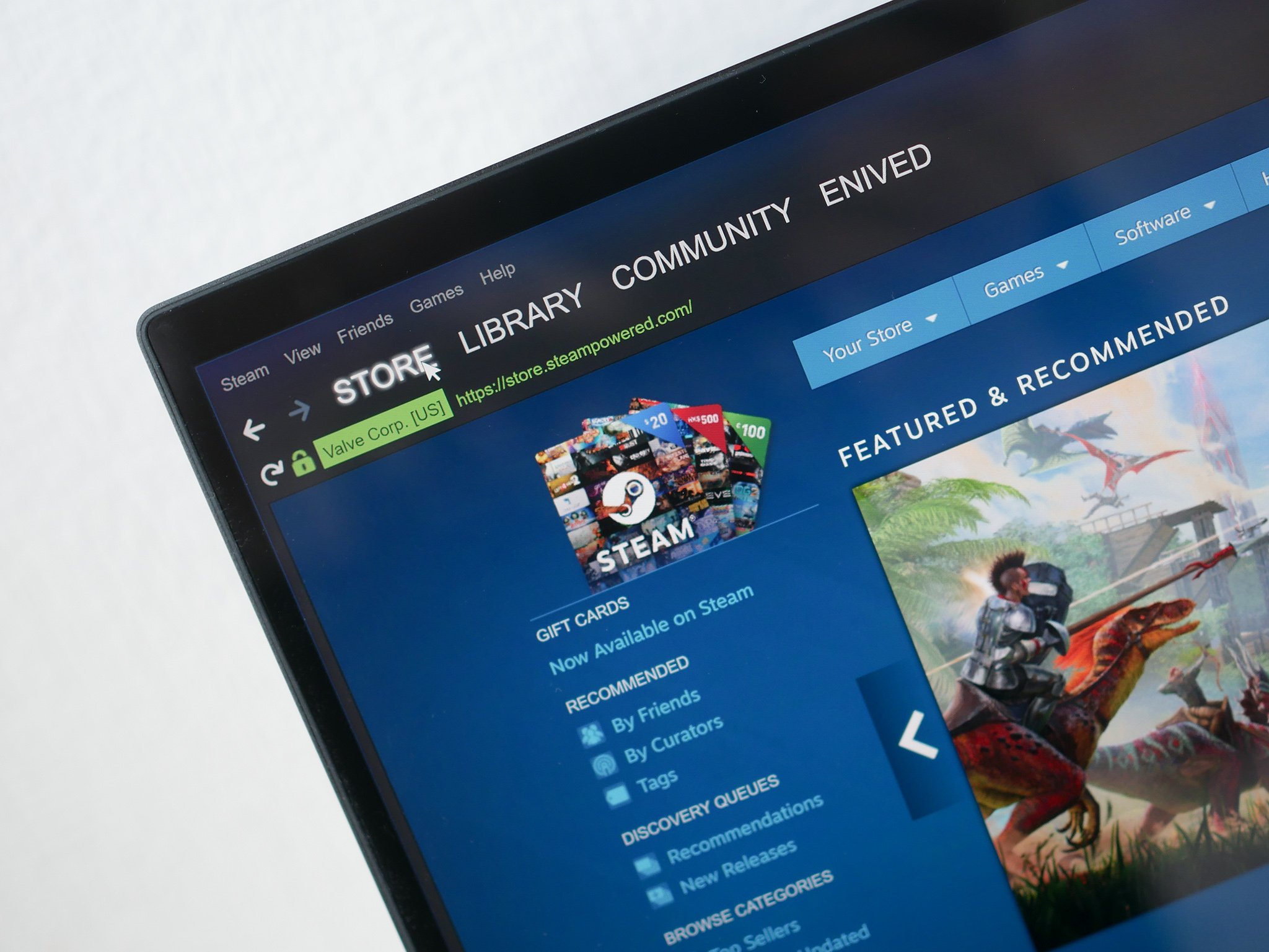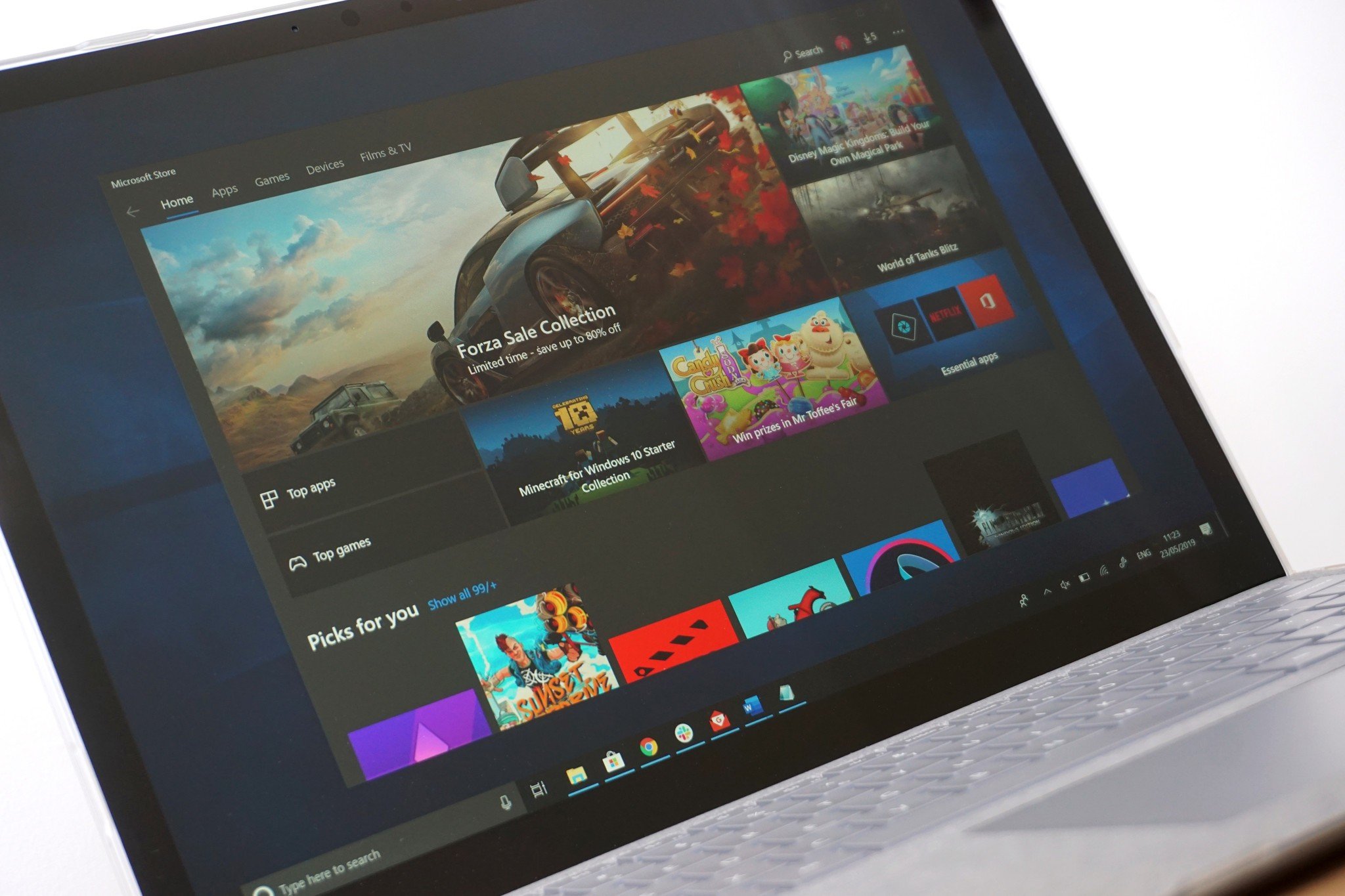The Microsoft Store is going to need more than developer favor to be popular with consumers.
Microsoft has announced that the Microsoft Store will now only take 12% of net revenue from PC game sales, leaving developers with a hefty 88% cut. This is fantastic news for developers who prefer — or are about to prefer — the Microsoft Store, but I get the impression that it's not going to matter too much to anyone besides them.
If you'll recall, there's another PC gaming storefront that tried something similar to lure devs away from Valve's Steam and its unsavory 70-30 revenue split. That storefront's name is the Epic Games Store (EGS). It was a big proponent of the "88% to devs, 12% to us" revenue scheme.
To this day, the EGS remains a place for devs to go when they want a greater cut of revenue or, in the case of certain titles like Control, guaranteed income right out the gate. These games developers often choose the EGS at the cost of not coming to Steam until much later, per Epic temporary exclusivity deals. To give examples of this phenomenon: Borderlands 3 was an EGS exclusive for six months, while Untitled Goose Game, Control, Metro Exodus, and many others were EGS exclusives for a full year.
And yet, even when these games do arrive on Steam long, long after their EGS PC debut, they're swamped with buyers. Why? Because people buy from Steam for the ecosystem, not just for the software.
Microsoft Store: Too EGS, not enough Steam
The Microsoft Store taking a smaller revenue cut is likely a good thing overall and definitely a boon for game devs. Still, it probably isn't going to lure many actual consumers away from Steam unless Microsoft pulls exclusivity deals like the EGS, and even then, it likely won't shift the scales. The Microsoft Store actually did try luring in people with PC exclusives like Quantum Break and Killer Instinct back in the day, but eventually, Microsoft gave up and plopped all of its games on Steam. Heck, there's even a rough port of Forza Horizon 4 on Steam now, which was one of the only remaining Microsoft games not to be on Steam as of the start of 2021.
Barring the black sheep that is Forza Horizon 4, most of Microsoft's Steam ports are actually polished, meaning there's no incentive for consumers to choose the Microsoft Store version. After all, with the Steam version, you get forums, communities for sharing videos and pictures, streaming functionality and a built-in audience, built-in mod libraries, family sharing so those closest to you can play your games for free, Steam remote play, Steam's incredible refund policy — you get what I'm saying? Gamers get features that not only increase fun but also potentially save them money (via family sharing, remote play, and a transparent, generous refund policy) thanks to Steam. In contrast, most of these features and benefits are nonexistent on the Microsoft Store.
It's the same reason EGS hasn't managed to shake Steam. Valve's storefront has so much going for it in the way of consumer benefits that it would take a mass exodus of high-profile devs and publishers permanently abandoning Steam for any other storefront to have a chance at first place in the PC gaming sphere. But the exact opposite is happening: Publishers such as EA who forsook Steam are coming back after having wasted years trying to compete with it via their own storefronts.
Mind you, Microsoft likely isn't trying to beat Steam; that much was clear the second it handed ports of all its exclusive games over to Valve's storefront. However, the new revenue split does seem geared to make the store more palatable to devs. I don't see a point in attracting chefs to a new town when it's been made clear again and again that the actual paying restaurant-goers prefer the existing neighborhood (for reasons that extend well beyond the force of habit).
Microsoft Store: The point of the 88-12 plan
The one potential Microsoft-facing benefit of the new revenue split model that immediately jumps out at me is that for devs who don't want to deal with EGS controversy but still want a bigger cut from sales, the Microsoft Store could now be the go-to option. Maybe this is Microsoft's play to become the runner-up to Steam.
Look at devs such as CD Projekt Red, who, at least pre-Cyberpunk 2077, had hyper-loyal followings that often chose to buy from CDPR's own PC storefront just so the devs would get the most money possible. Could Microsoft be trying to lure over developers with those sorts of dedicated followings who aren't interested in the EGS?
Maybe Microsoft's move to make the Microsoft Store more economically enticing to developers will end up being a non-starter. But perhaps it's a stealthier strategy to secure second place with those who don't exclusively subscribe to the Steam store. Whatever the play is, I'm interested to see what happens. More competition is always a good thing, especially if it results in hardworking developers getting to keep a bit more of the fruits of their labor.



No comments: